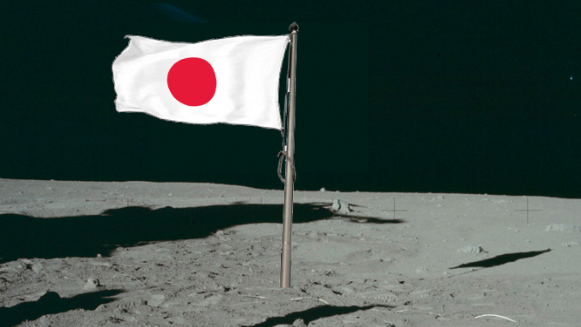
Japan Trailblazing Lunar Triumph: The Pioneering Quest for the World’s First ‘Pinpoint Landing’ on January 19th, but solar cells not generating power
Japan Ambitious Lunar Leap: Navigating the Global Space Race Landscape but solar cells not generating power
In a bid to join the exclusive lunar exploration club, Japan is poised to achieve the world’s first “pinpoint landing” on the moon this weekend. This endeavor is part of a contemporary surge in lunar exploration, echoing the space race rivalry between the United States and the Soviet Union during the Cold War. The stakes are high for Japan, as success promises international scientific and diplomatic acclaim, along with potential political advantages on the domestic front. On the flip side, failure could result in a costly and public embarrassment.
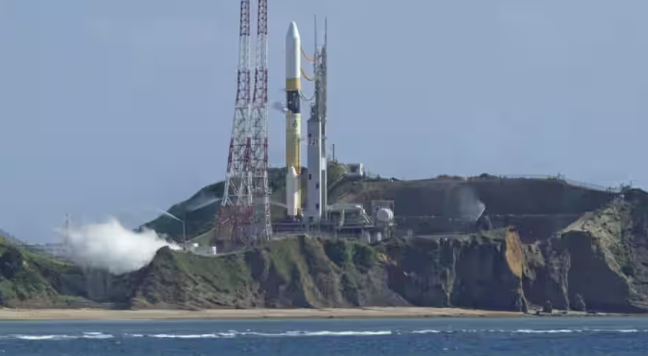
Japan’s pursuit of a precise lunar landing follows a setback in April when a Japanese company’s spacecraft seemingly crashed during a landing attempt. As Japan vies to enter the lunar exploration league, currently inhabited by only the United States, the Soviet Union, India, and China, achieving victory holds significant implications.
Examining recent and upcoming high-profile lunar exploration attempts, it becomes evident that success or failure carries more than just scientific consequences.
India, having become the first country to land a spacecraft near the moon’s south pole in the previous year, experienced jubilation after a $75 million success. Overcoming a lunar descent glitch in 2019, this triumph positioned India as a rising scientific superpower, boosting Prime Minister Narendra Modi’s popularity. With plans for a manned lunar mission on the horizon, India sees success in space as crucial for both its scientific ambitions and geopolitical standing in its rivalry with China.
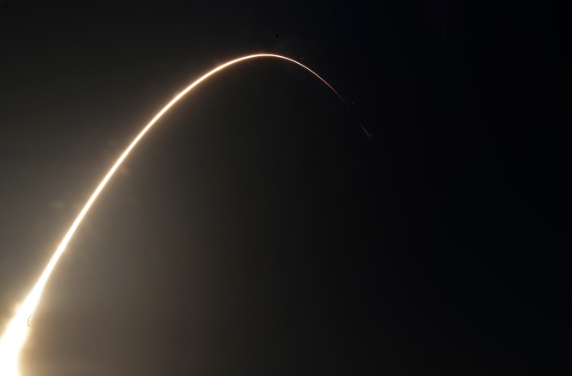
The United States, with NASA planning to send astronauts around the moon next year and land by 2026, faces challenges as evidenced by a recent failure. Astrobotic Technology’s lunar lander, Peregrine, encountered a fuel leak, leading to the abandonment of its attempt for the first U.S. lunar landing in over 50 years. Despite setbacks, NASA continues efforts to commercialize lunar deliveries by private businesses, with companies like SpaceX and Blue Origin prioritizing crewed space missions.
China, having landed on the moon in 2013 and launched a three-person crew for its orbiting space station last year, aspires to put astronauts on the moon before the decade’s end. With a focus on space as a means of diplomatic, political, and military influence, China’s space ambitions are intricately linked to its rivalry with the United States. The exclusion from the International Space Station has prompted China to build its own space station, raising questions about competition and cooperation on the lunar surface.
Russia, which failed in its lunar landing attempt last year, faces challenges stemming from a loss of space expertise and a decline in its space program since the collapse of the Soviet Union in 1991. Despite planning another moon mission in 2027, Russia has seen a reduction in its global space launch market share due to the emergence of private companies like SpaceX. While India’s success bolstered its great power status, Russia’s recent failure has raised concerns about its global influence.
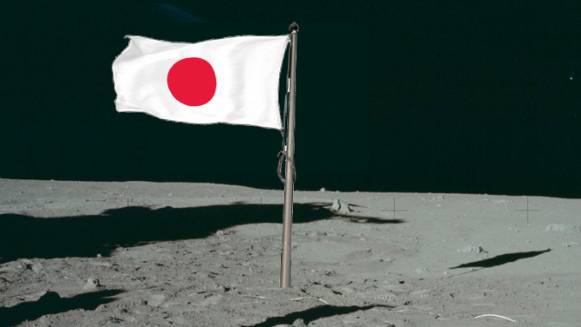
In the complex landscape of lunar exploration, Japan’s upcoming attempt holds both promise and risk. As nations vie for supremacy in space, the outcome of these missions not only shapes scientific progress but also influences geopolitical dynamics on Earth. Japan’s pursuit of the moon’s surface is not merely a scientific endeavor; it’s a bold step into the competitive arena of global space exploration.
As Japan prepares for its historic lunar mission, the significance of this endeavor extends beyond the boundaries of scientific achievement. The pursuit of a “pinpoint landing” symbolizes Japan’s determination to play a leading role in the contemporary space exploration narrative. The global space race, once dominated by the United States and the Soviet Union, has now evolved into a dynamic field with contributions from emerging spacefaring nations.
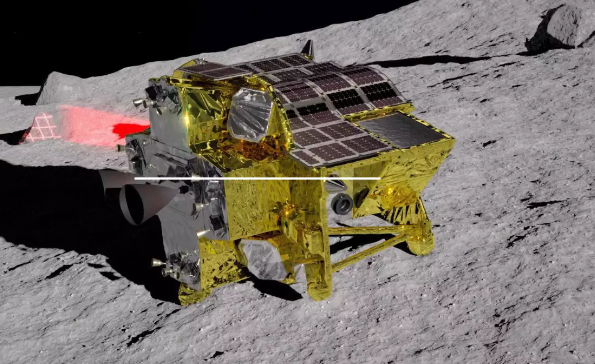
The success or failure of Japan’s mission carries weighty implications for the nation’s technological prowess, international prestige, and strategic alliances. Achieving a successful lunar landing would not only mark a technological triumph but also solidify Japan’s position as a major player in space exploration. Such a feat would undoubtedly garner international recognition, potentially opening doors for collaborative ventures and strengthening diplomatic ties.
Conversely, failure could expose vulnerabilities and shortcomings in Japan’s space program, potentially denting its image on the global stage. The high visibility of space missions makes them susceptible to public scrutiny, and any setback could lead to questions about the nation’s capacity to compete in the increasingly competitive space arena.
For the latest updates-click here.


